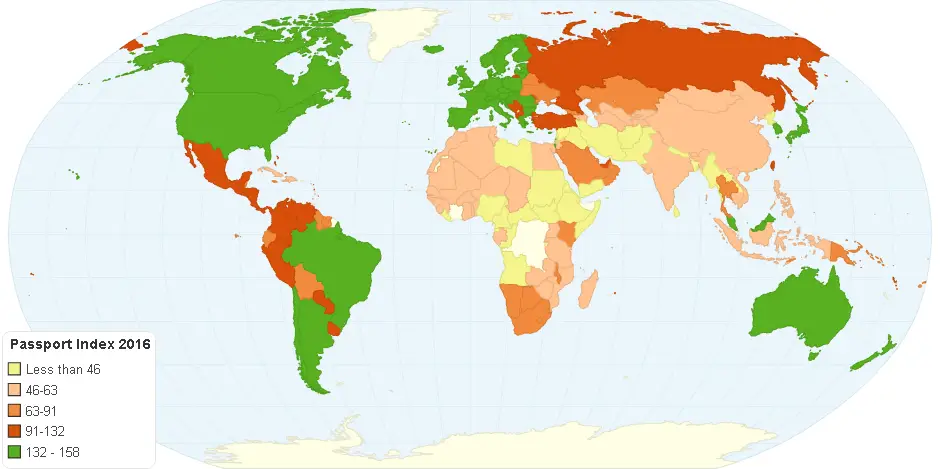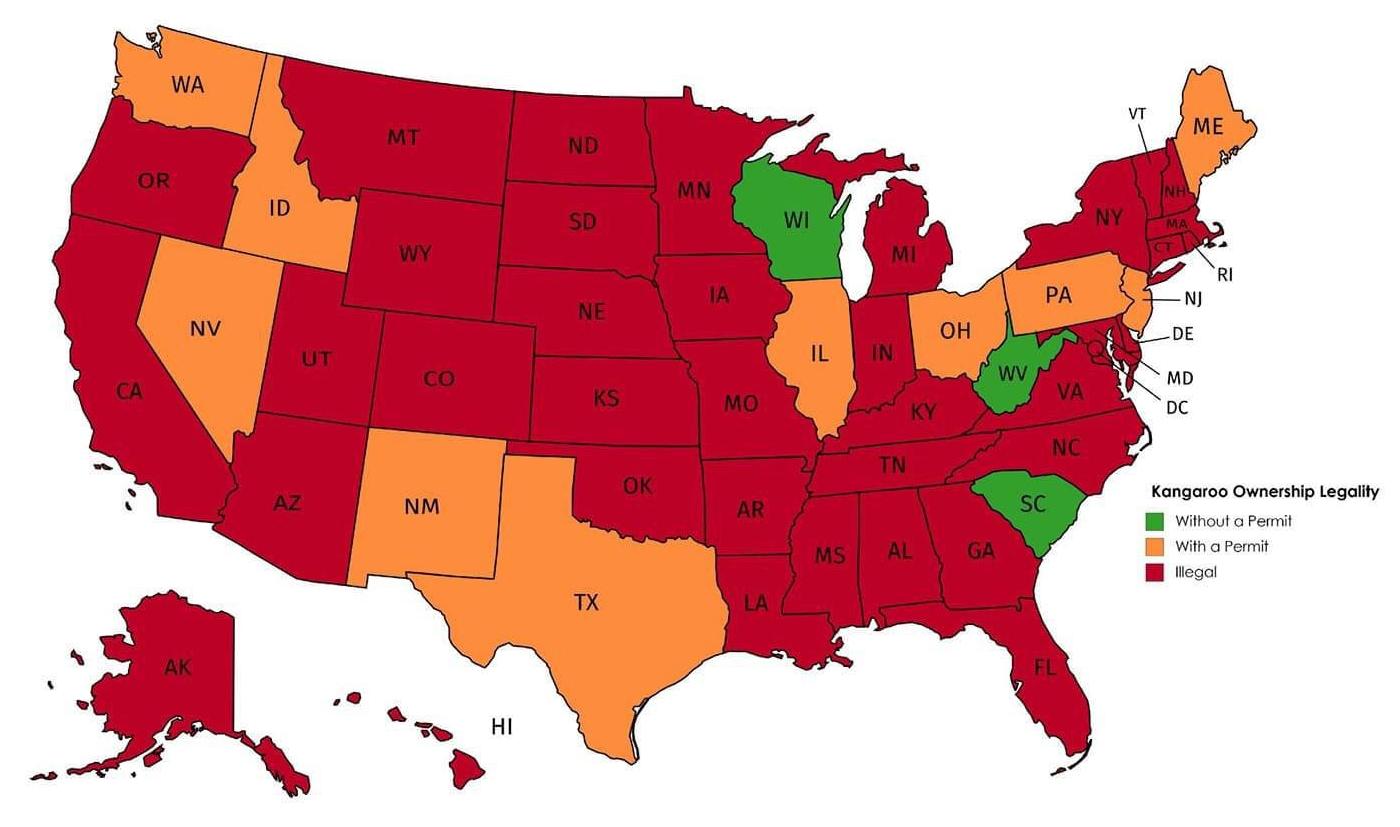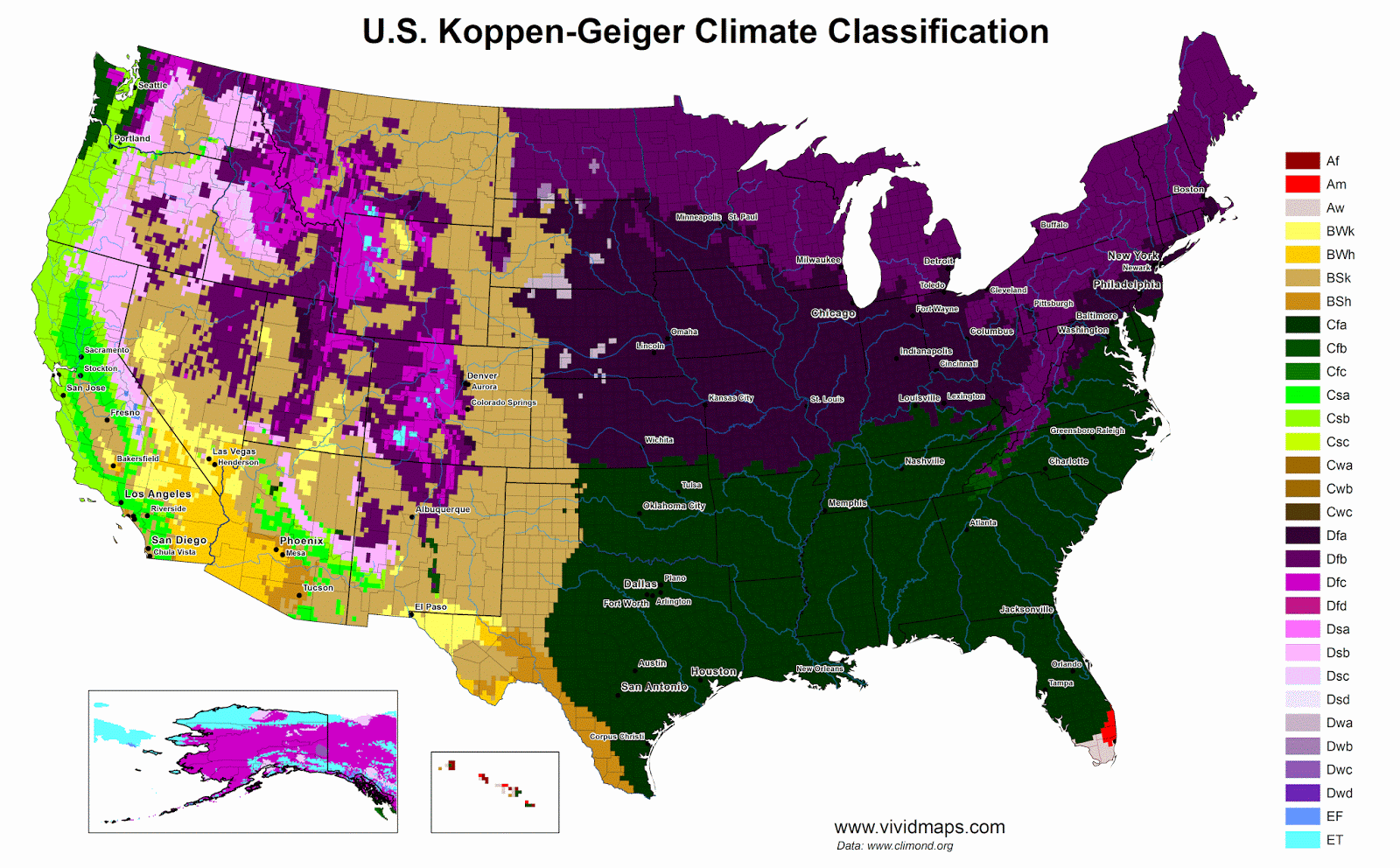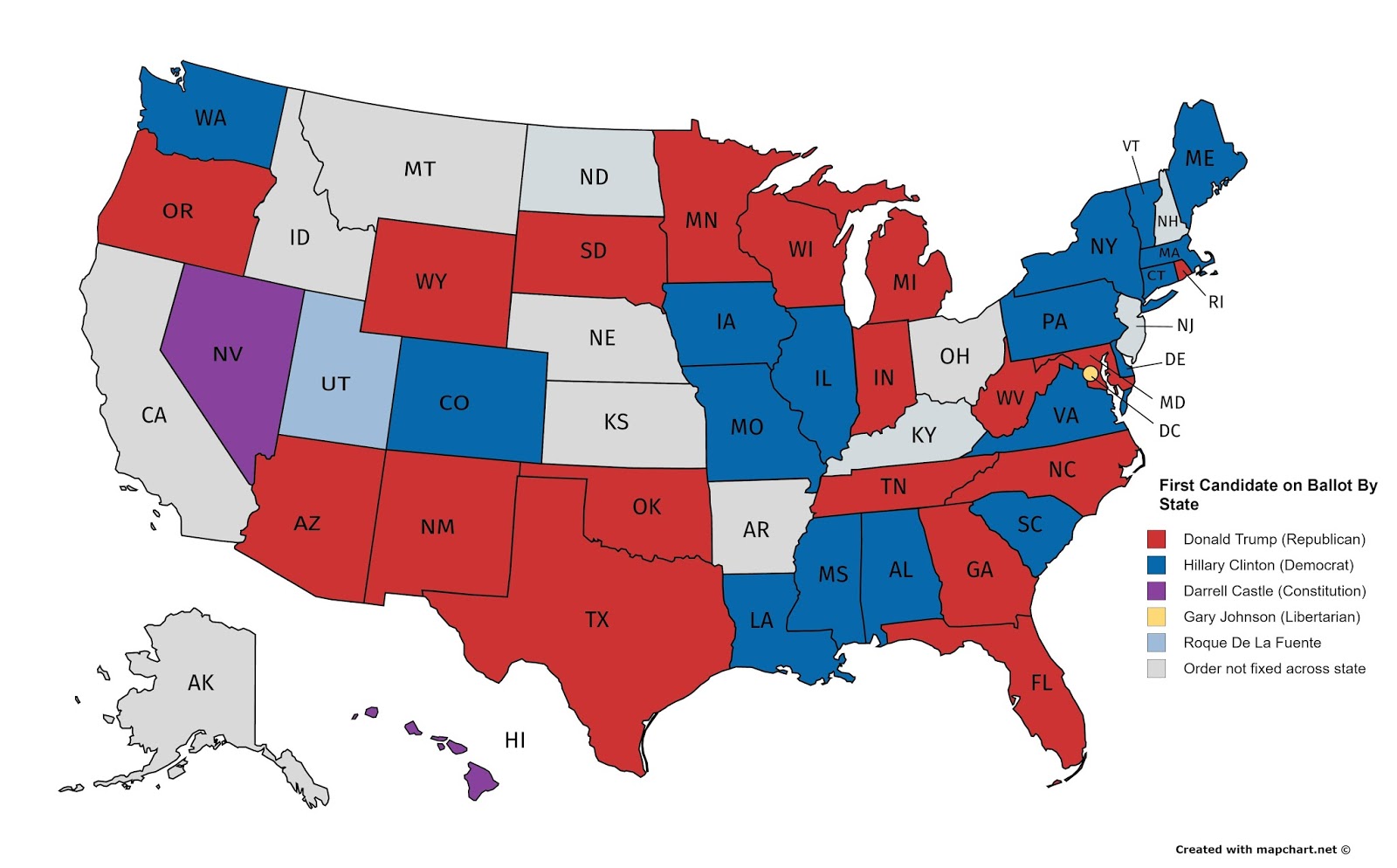The Global Language of Football: Why Do We Call It Soccer?
The debate between “football” and “soccer” has sparked countless arguments. But as our world map shows, it’s not as simple as America versus the rest of the world. The map reveals three distinct naming patterns across the globe: the widespread use of “football” (shown in red), pockets of “soccer” usage (in blue), and some fascinating local variations (in green).

From Folk Games to Global Sport
Football‘s story begins on the muddy fields of medieval Europe, where villages would battle it out in wild, unruly games. In England, these folk games eventually made their way into prestigious schools like Eton, Rugby, and Harrow. Each school had its own rules – some allowed carrying the ball, others strictly prohibited it.
By the 1800s, the situation was chaotic. You couldn’t play a proper match between schools because nobody could agree on the rules. Then, in October 1863, everything changed. Representatives from several schools and clubs met at the Freemasons’ Tavern in London. They formed the Football Association (FA) and set down the first standardized rules. These rules banned carrying the ball, distinguishing “association football” from “rugby football.”
The Surprising Origin of “Soccer”
Here’s where it gets interesting. The term “soccer” wasn’t invented by Americans – it was created by the British upper class. At Oxford University in the 1880s, students had a habit of adding “-er” to shortened words. “Rugby football” became “rugger.” And “association football” became “assoc,” then “soccer.”
Charles Wreford-Brown, an Oxford student, is often credited with coining “soccer.” The slang caught on among the upper classes, while working-class Brits stuck with “football.” When the sport spread to the United States, the upper-class term “soccer” went with it.
A World of Different Names
The world map poster above shows some fascinating regional patterns:
The Soccer Nations (Blue)
- United States & Canada: Needed to distinguish the sport from American and Canadian football
- Australia: Uses “soccer” because “football” refers to Australian Rules Football
- Ireland: Has Gaelic football, so “soccer” helps avoid confusion
- South Africa: Uses both terms, with “soccer” gaining popularity during apartheid to distinguish it from rugby
- Japan: Adopted “sakkā” (サッカー) during the American occupation after World War II
- Philippines: American colonial influence led to “soccer” adoption
Unique Local Terms (Green)
- Italy: Uses “calcio,” from “calcio fiorentino,” a brutal Renaissance-era game played in Florence
- Croatia & Slovenia: “Nogomet” combines “noga” (foot) and “meta” (target)
- China: “Zúqiú” (足球) literally translates to “foot ball”
- Vietnam: “Bóng đá” means “ball kick”
- Thailand: “ฟุตบอล” (Football) but pronounced “foot-bon”
- Indonesia: “Sepak bola” translates to “kick ball”
The Football Majority (Red)
Most countries use some variation of “football”:
- Spanish: Fútbol
- French: Football
- German: Fußball
- Portuguese: Futebol
- Russian: Футбол (Futbol)
- Arabic: كرة القدم (Kurat al-qadam, literally “ball of the foot”)
Cultural Identity in Language
The naming of football/soccer often reflects deeper cultural ties. Former British colonies typically use “football,” while countries with stronger American influence adopted “soccer.” This pattern reveals how language becomes intertwined with national identity and cultural independence.
For example, Australia’s shift from “football” to “soccer” in the 1970s wasn’t just about avoiding confusion with other codes. It represented the sport’s status as an “ethnic” game, primarily played by European immigrants, during a time when Australian Rules Football dominated mainstream culture.
Modern Usage and Change
Language continues to evolve. In New Zealand, both terms are used, but “football” is gaining ground as the sport grows in popularity. Similarly, South African media increasingly use “football” over “soccer” since the hosting the 2010 FIFA World Cup.
For those interested in world maps, here are some carefully curated wall map posters available on Amazon:








